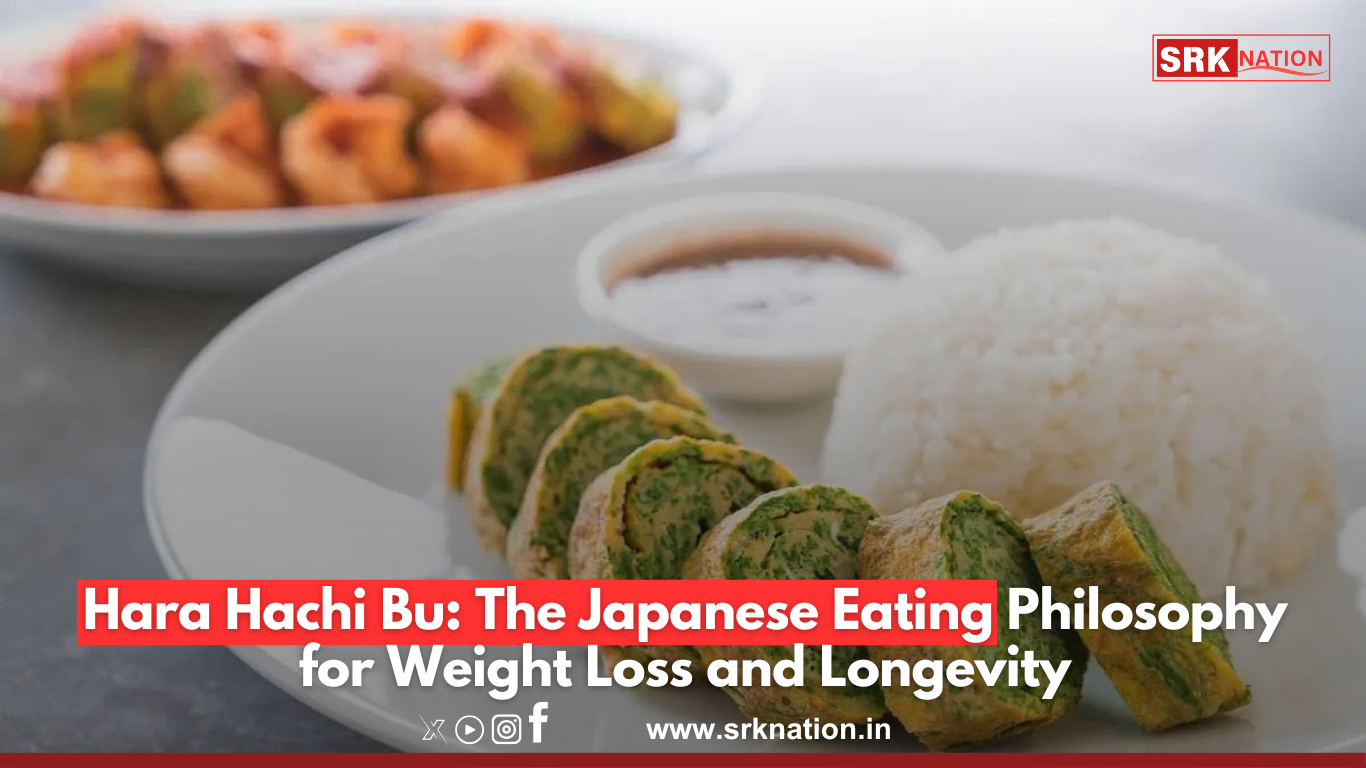Hara Hachi Bu, a centuries-old Japanese eating practice, has gained global attention for its effectiveness in promoting weight loss, better digestion, and overall well-being. Rooted in the traditions of Okinawa, a region renowned for its high concentration of centenarians, this philosophy encourages individuals to eat until they are 80% full, fostering mindful eating and portion control.
The phrase “Hara Hachi Bu” originates from Confucian teachings and translates to “belly 80% full.” By stopping before reaching complete satiety, this practice allows the brain sufficient time to register fullness, preventing overeating. Studies have shown that individuals who adopt this method consume fewer calories, choose nutrient-dense foods, and experience improved digestion.
Key Benefits of Hara Hachi Bu:
- Weight Management: By naturally reducing calorie intake, this practice helps maintain a healthy weight and lowers the risk of obesity-related health issues.
- Enhanced Digestion: Eating slowly and stopping at 80% fullness reduces strain on the digestive system, promoting better nutrient absorption.
- Longevity: Calorie restriction without malnutrition, as practiced in Hara Hachi Bu, is linked to a longer lifespan and reduced incidence of chronic diseases.
- Mindful Eating: This approach encourages individuals to savor each bite, fostering a healthier relationship with food.
To practice Hara Hachi Bu, experts recommend eating slowly, using smaller plates, and avoiding distractions like television or smartphones during meals. Incorporating nutrient-rich foods such as vegetables, lean proteins, and healthy fats further enhances the benefits of this lifestyle.
Hara Hachi Bu is more than just a weight-loss strategy; it is a holistic approach to health and longevity, deeply ingrained in Japanese culture. As the world grapples with rising obesity rates and lifestyle diseases, this simple yet powerful philosophy offers a sustainable path to better health. Stay tuned for more insights into global wellness practices.











